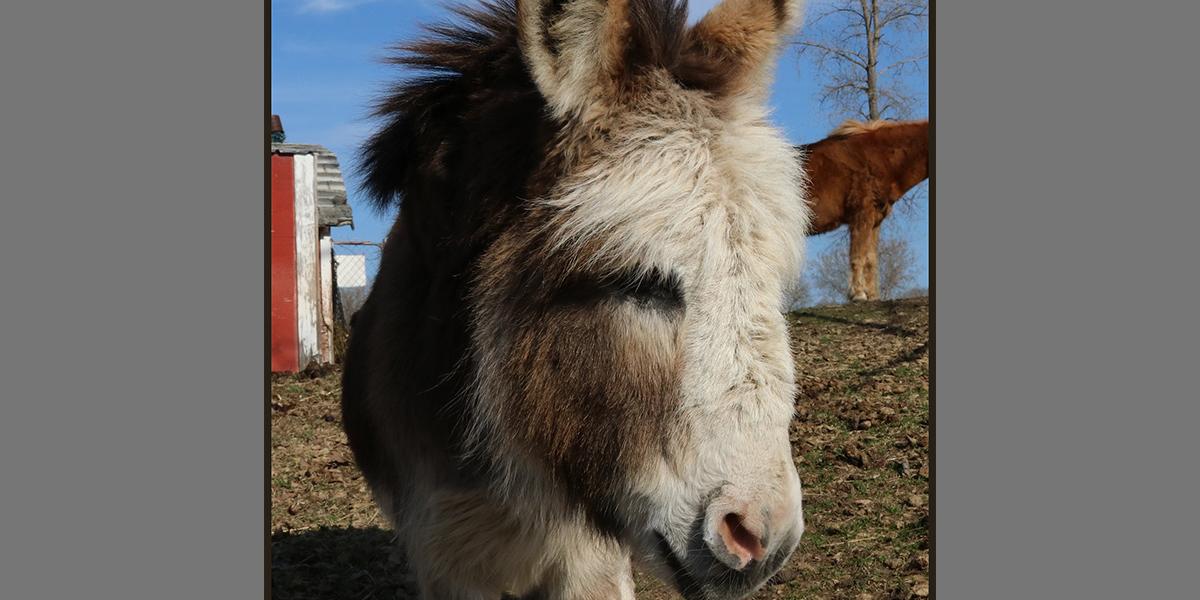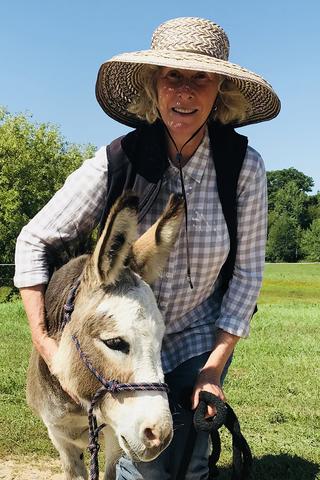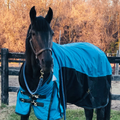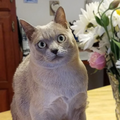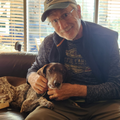Mary Austin says spending time with her miniature donkey, Hardy Davidson, melts her cares away. Austin adopted 15-year-old Hardy just under a year ago. The two became fast friends and even developed a greeting: Hardy welcomes Austin to his paddock with enthusiastic braying.
Last June, the sight of a silent, lethargic Hardy set off alarm bells for Austin. “I took him to our local vet that morning,” she says. After a week of antibiotics and no improvement, Hardy was admitted to the Large Animal Hospital (LAH) at the University of Minnesota College of Veterinary Medicine's Veterinary Medical Center.
The weak, feverish donkey puzzled Resident Lauren Hughes, DVM. “We had to ‘hunt’ for the source of his fever,” she says. Tests revealed an infection surrounding the gastrointestinal tract. Hardy had coronavirus—a contagious equine virus that causes colic, diarrhea, and colitis.
Because LAH prioritizes strong biosecurity, Hardy was hospitalized in isolation to protect his immune system and other patients. Meanwhile, excess fat in his bloodstream further complicated things. Hardy’s aggressive treatment regimen included IV fluids, nutritional support, and antibiotics; NSAIDs; gastroprotectants; and a diet of high-variety feedstuffs.
Austin visited Hardy daily. She made the most of her allotted 20-minute sessions: grooming him, feeding him treats, and playing his favorite music. She even read him supportive get-well texts from friends and family. Hughes says Austin’s never-ending support was instrumental in Hardy’s success. “It was wonderful to watch him progress and return to his normal, spunky donkey self.”
Today, Hardy and Austin are back to their routine. Austin says they may even pursue therapy work together. And she is deeply appreciative of the outstanding expertise that made this bright future possible. “Every single staff person was professional and caring,” she says. “The equine community is very fortunate to have the LAH in our midst.”

